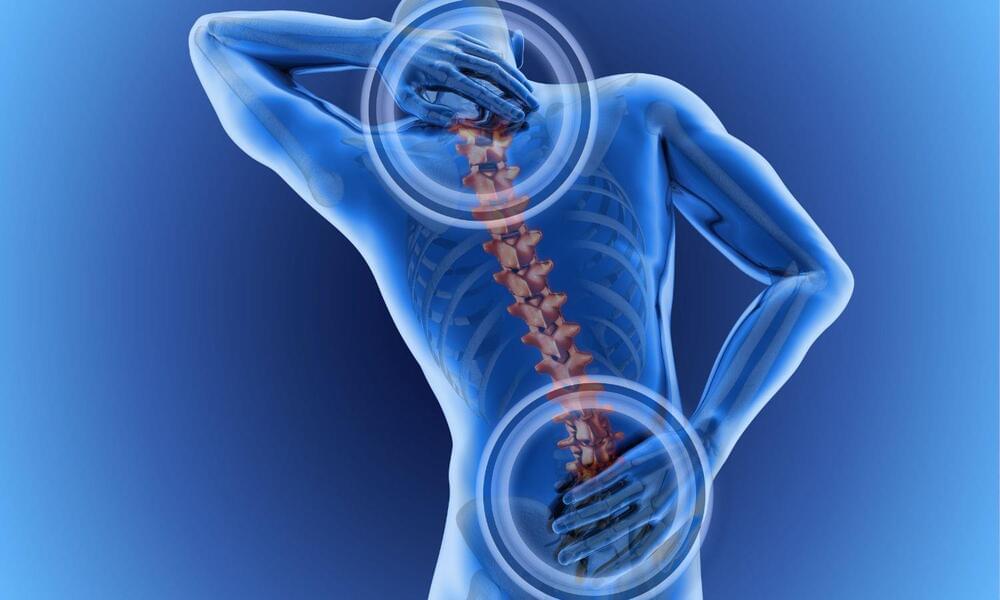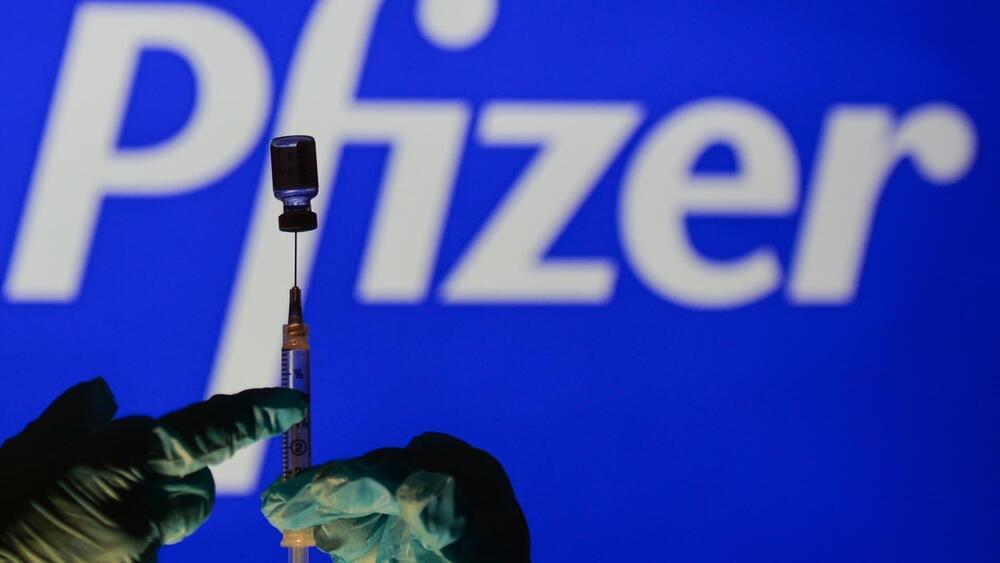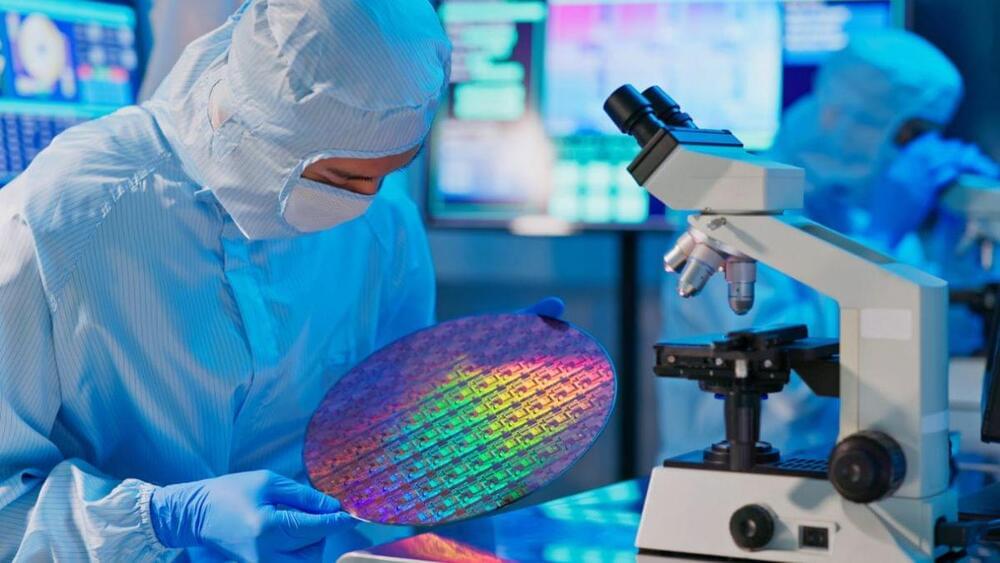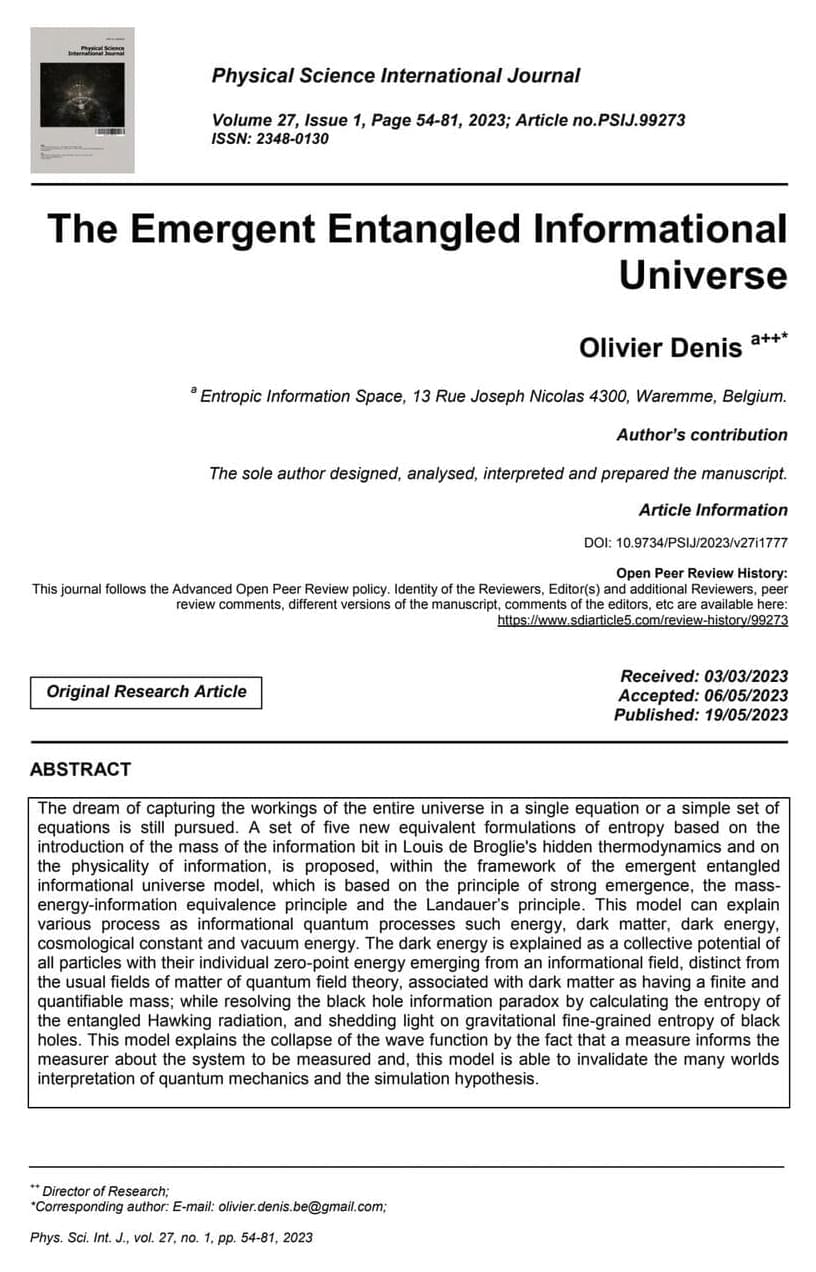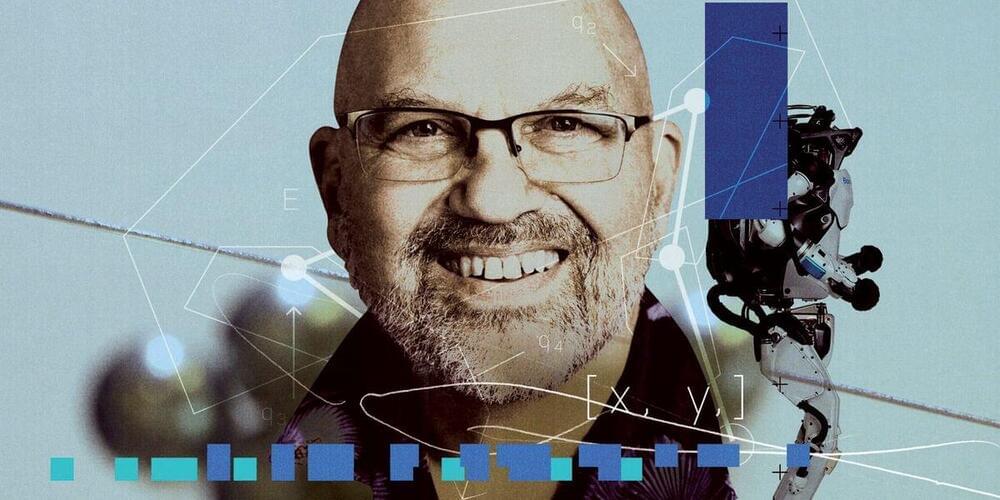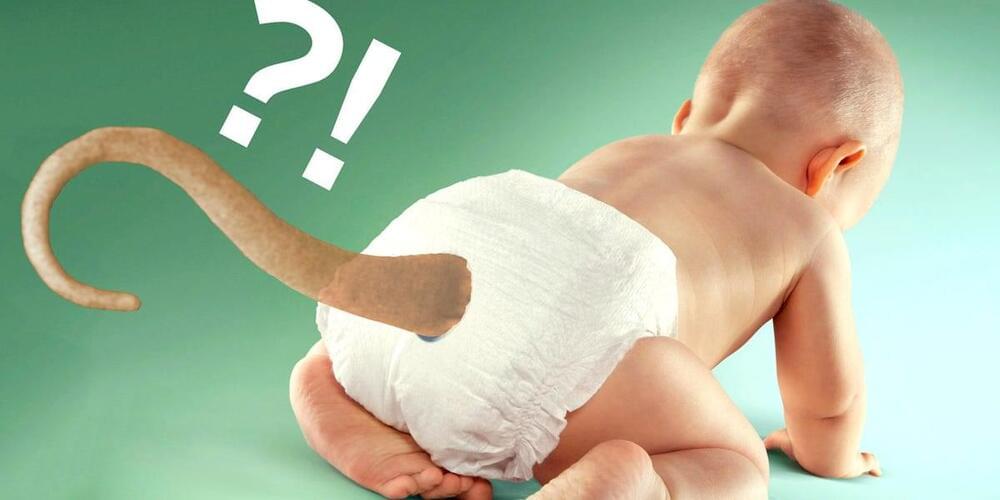Researchers have found in a new study that statin use was associated with significant reduction in the risk of osteoporotic fractures among general older population.
Research author Dr Seo said, “Statin users experienced a decline in risk of major osteoporotic fractures, hip fractures and vertebral fractures.”
The study has been published in Osteoporosis International entitled Age-and dose-dependent effect of statin use on the risk of osteoporotic fracture in older adults.
